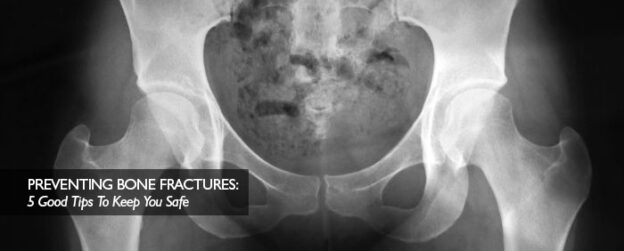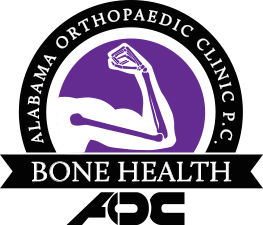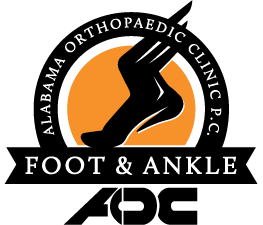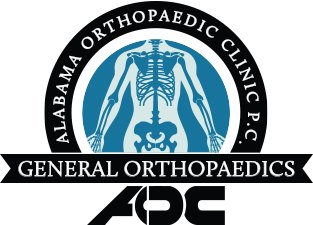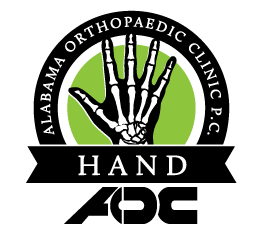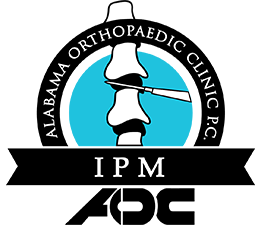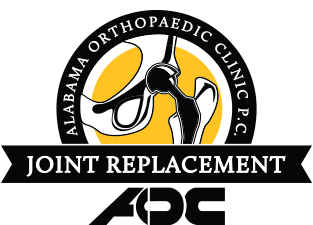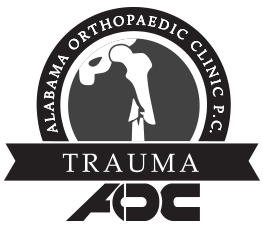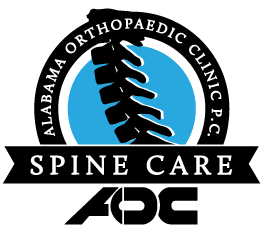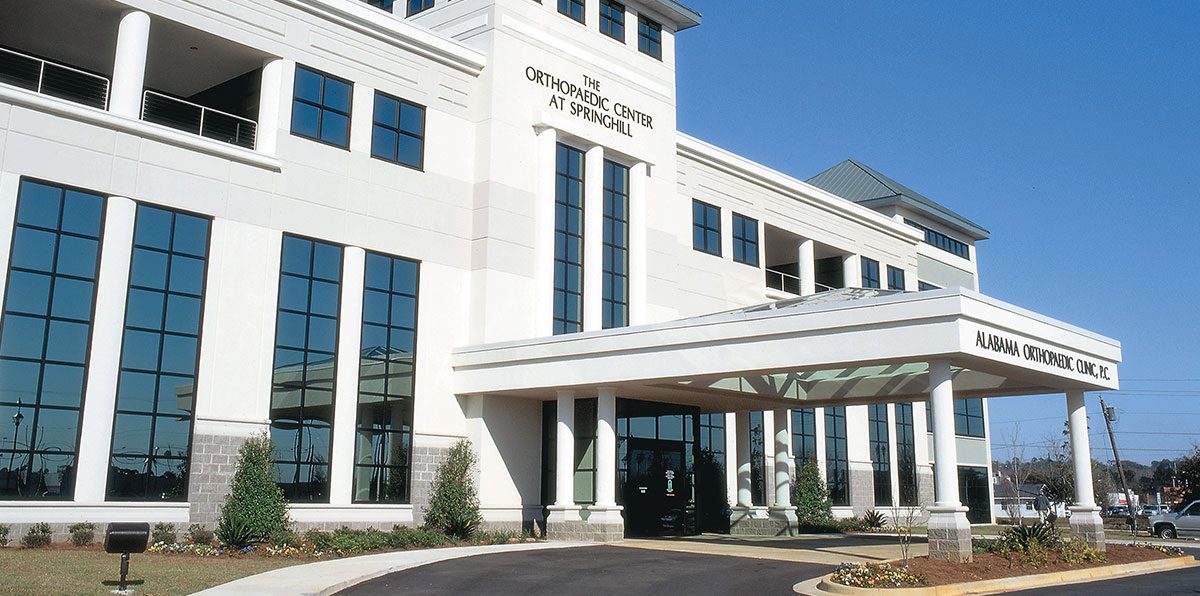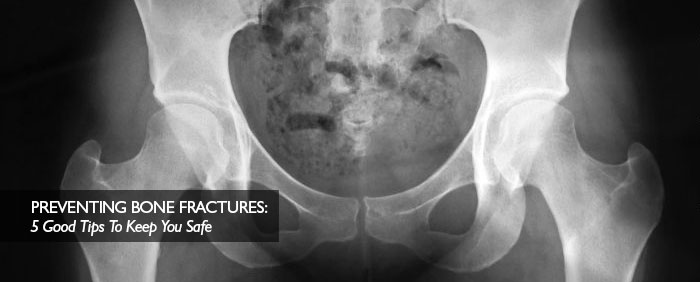Preventing Bone Fractures: 5 Good Tips to Keep You Safe
Many of us have fallen and broken a bone at some point or another in our lives, or we know someone that has. So we’re all well aware of just how easy it is to fracture a bone. Accidents happen all of the time and when these accidents result in a bone fracture, the road to recovery can be a long one. A visit to an orthopaedic doctor and possibly even surgery may be required. Not to mention, these injuries often require additional treatment after cast removal, such as physical therapy.
It goes without saying, bone fracture prevention is important for many reasons regardless of a person’s age. However, as a person ages, bone fractures become more serious situations and are also more likely to happen. For example, hip fracture rates increase exponentially with age and a hip fracture can lead to serious health problems. According to the American Academy of Orthopaedic Surgeons, “Among adults 65 and older, fragility fractures are the primary cause of hospitalization or death”.
The Bone Fracture and Osteoporosis Connection
Osteoporosis is a degenerative bone disease involving the gradual loss of bone tissue as a person ages. This reduction in bone density makes the bones extremely fragile. The fragility of the bones causes them to break more easily, which is why people with osteoporosis need to be extra careful in the prevention of bone fractures. If a person with undiagnosed osteoporosis were to break a bone, the situation is even more dangerous.
So how do you avoid bone fractures? The key is proper prevention.
5 Bone Fracture Prevention Tips:
- Eat Healthy: Keep your bones fit with a healthy diet. I’m sure when you think of a nutritious diet for bone health the first thought that comes to mind is Calcium. But, calcium is actually not the only important nutrient needed for bone health. Vitamin D and Vitamin K are important as well.
- Exercise: Exercising regularly will strengthen your muscles and improve balance, which will make you stronger and help you to avoid falls.
- Fall Proof Your Home: As we get older, our vision begins to fail us; this can lead to falls. Keep your home well-lit, so you can better see where you’re going and decrease your chance of falling. Keep rooms clutter free of things that you could easily trip over, avoid slippery floors by putting down runners or carpeting, install handrails where needed, and avoid slips in the shower or bathtub with a rubber mat.
- Take Care of Your Health: If you have health conditions that require attention, make sure that you’re taking care of yourself. Treating medical conditions keeps you strong and healthy, so that you’re in good physical shape. Ignoring medical conditions makes you weak and therefore more susceptible to falls.
- Medications: Certain medications can increase your chances of falling due to side effects that affect your balance. Talk to your doctor about any balance issues as well as your fears of falling and resulting bone fractures.
Think you are at risk for osteoporosis? Take the “Are You At Risk” Quiz
Call AOC to schedule a bone density test today to find out if you may be at risk for Osteoporosis, 251.410.3600
Click here to see more about Alabama Orthopaedic Clinic
LIKE AOC on Facebook
Follow AOC on twitter
